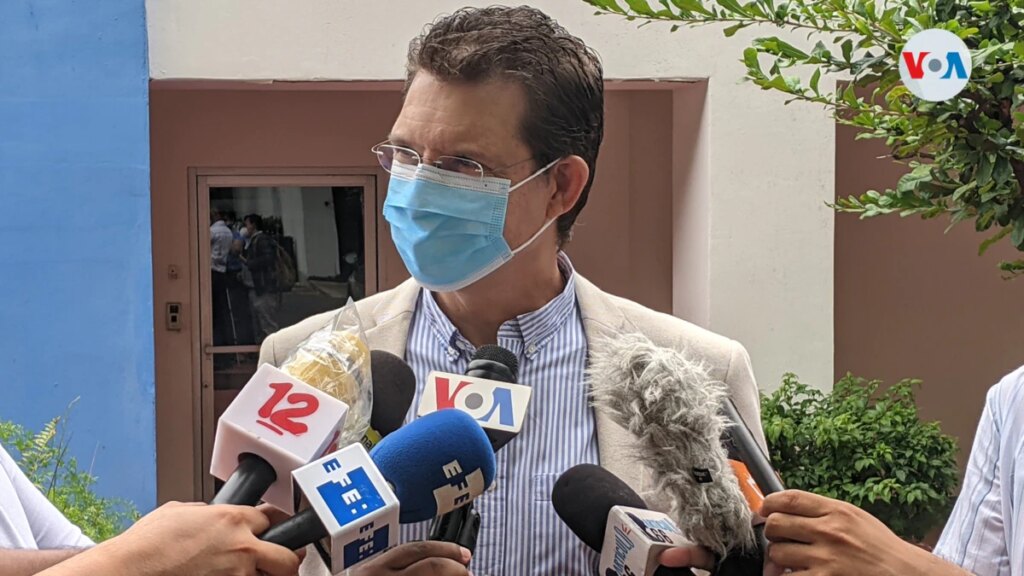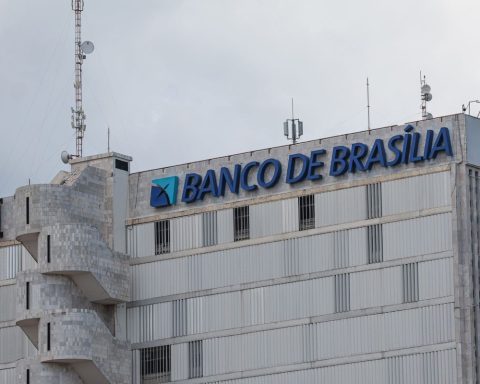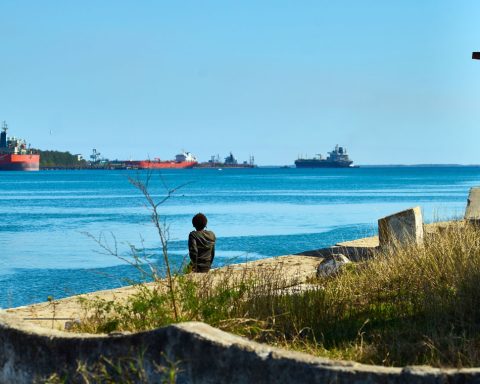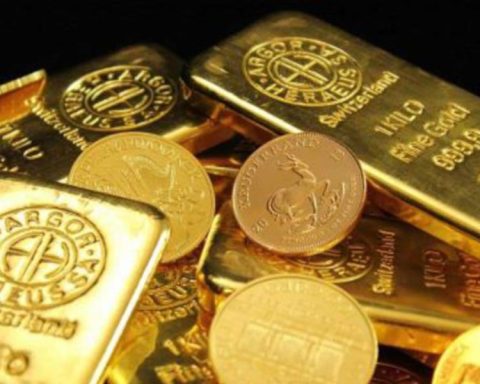One month after the Russian invasion of Ukraine, the world economy lives to the rhythm of the conflict and its consequences, from the rise in the prices of raw materials to the risk of the collateral effects of the sanctions on Russia.
These are some of the consequences of a geopolitical earthquake that became an economic earthquake.
Raw materials skyrocket
The conflict has triggered the prices of raw materials, starting with oil.
A barrel of North Sea Brent was worth $90 in February and reached $139.13 on March 7, the highest level since the 2008 financial crisis. Since then it has remained highly volatile.
The rise is noticeable at gas stations, forcing many countries to take measures, such as tax cuts in Sweden or price caps in Hungary.
Unlike the United States, the European Union, very limited by its dependence on Moscow, decided for the moment not to impose an embargo on Russian hydrocarbons, although it wants to become independent from Russian energy in 2027.
In the wake of energy prices, metals produced in Russia, such as nickel and aluminium, have also shot up to unprecedented levels, causing production costs to rise.
Breaks in supply chains have also returned, especially in the automotive industry, as was the case with the Covid-19 pandemic.
Threats to food security
“The war in Ukraine means famine in Africa,” warned the International Monetary Fund (IMF) and the UN warned of a “hurricane of famines.”
The current conflict involves two agricultural superpowers, Russia and Ukraine, which represent 30% of world wheat exports, so the rise in grain and oil prices was immediate.
The Food and Agriculture Organization of the United Nations (FAO) warns that if the war continues, between 8 and 13 million additional people could suffer from malnutrition worldwide.
At the moment no ships are leaving Ukraine and the spring planting could be 25-40% lower than usual.
Although the United States, India and Europe could substitute part of the missing wheat, the situation is more complex for sunflower oil and corn, of which Ukraine was the world’s first and fourth largest exporter, respectively.











